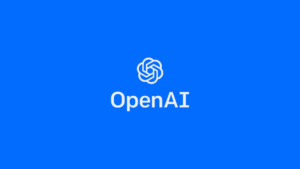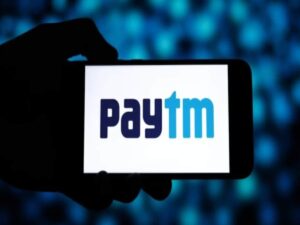OpenAI Faces New Copyright Lawsuit from Global Publishers in India

Indian book publishers, along with their international counterparts, have filed a copyright lawsuit against OpenAI in New Delhi, seeking to prevent the ChatGPT chatbot from accessing proprietary content. This legal action is the latest in a series of global cases where authors, news organizations, and musicians have accused AI companies of using copyrighted material to train AI models without permission.
The Federation of Indian Publishers (FIP), based in New Delhi, confirmed the lawsuit to Reuters, stating that it was filed in the Delhi High Court, which is already hearing a similar case against OpenAI. The lawsuit represents all federation members, including major publishers such as Bloomsbury, Penguin Random House, Cambridge University Press, Pan Macmillan, as well as leading Indian publishers like Rupa Publications and S. Chand & Co.
Publishers Demand Content Deletion or Licensing Agreements
Speaking about the case, FIP General Secretary Pranav Gupta said, “We are asking the court to stop OpenAI from accessing our copyrighted content. If they are unwilling to license it from us, they should delete datasets used for AI training and clarify how we will be compensated. This directly impacts creativity.”
While OpenAI has not responded to requests for comment, it has previously denied similar allegations, arguing that its AI systems make fair use of publicly available data. The company, backed by Microsoft, has been at the forefront of the generative AI revolution since launching ChatGPT in November 2022 and has raised $6.6 billion in funding to maintain its competitive edge.
Legal Battle Over AI and Intellectual Property Rights in India
The lawsuit from Indian publishers seeks to join an existing case filed by news agency ANI against OpenAI, making it one of the most significant legal proceedings in India concerning AI and copyright. Mumbai-based lawyer Siddharth Chandrashekhar noted, “These cases will play a crucial role in shaping India’s legal framework on AI. The judgment will test the balance between protecting intellectual property rights and fostering technological innovation.”
In response to ANI’s case, OpenAI argued that any order mandating data deletion would conflict with its legal obligations in the U.S. The company also contended that Indian courts lack jurisdiction over the matter, as its servers are located outside India. However, the publishers’ federation insists that since OpenAI provides services in India, it must adhere to Indian laws.
Concerns Over AI-Generated Book Summaries
A key concern for publishers is ChatGPT’s ability to generate detailed book summaries. A Reuters journalist tested this by asking ChatGPT for a summary of Harry Potter and the Sorcerer’s Stone by J.K. Rowling (published by Bloomsbury). The AI provided a chapter-by-chapter breakdown and highlighted key events but refused to generate the full text, stating that it was copyrighted material.
Despite this limitation, publishers argue that AI-generated summaries and extracts could significantly impact book sales. “If AI chatbots freely provide book summaries and extracts, why would people buy books?” Gupta asked, emphasizing the financial threat to publishers.
To counter unauthorized AI training, Penguin Random House recently introduced a copyright statement in its books, explicitly prohibiting the use of its content for AI training purposes.
Legal Proceedings and Next Steps
The Federation of Indian Publishers filed the case in December 2024, and the Delhi High Court registrar has since asked OpenAI to respond. The matter will now be heard before a judge on January 28, marking a critical step in India’s ongoing legal battle over AI and copyright.




